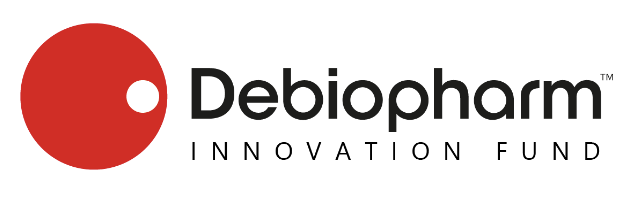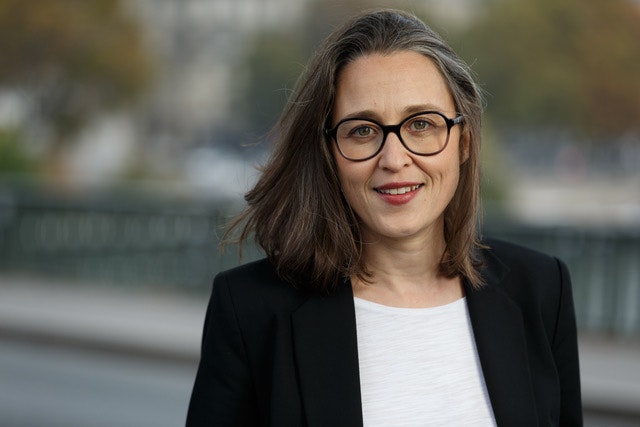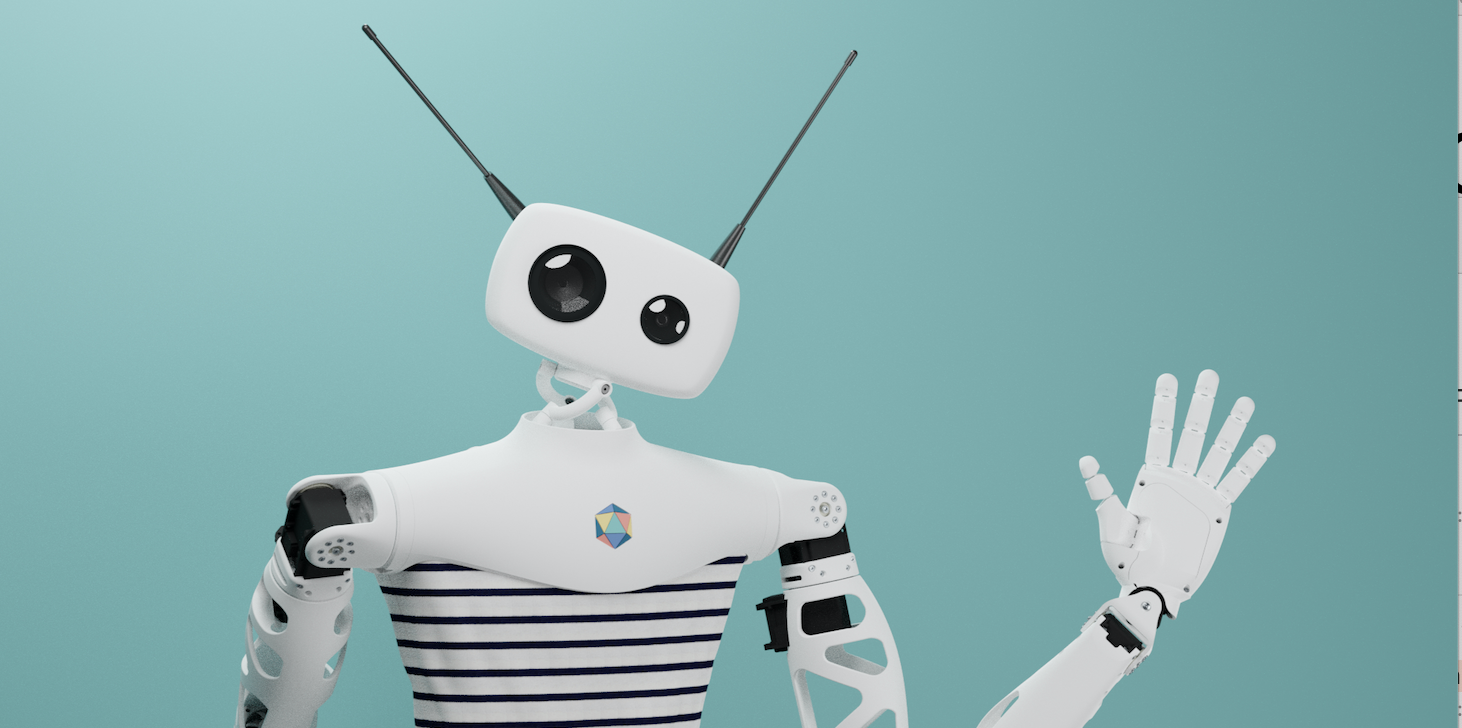Despite billions of dollars of investment, the pharmaceutical industry is struggling to cure major diseases, from cancer to dementia.
The average time taken to develop a drug is over 12 years and often far longer, and costs over $1bn. Nine out of ten drugs developed fail to win regulatory approval — and many drug candidates never move from "bench to bedside", with only around 500 of the thousands of diseases in existence having an approved treatment.
“Two thirds of diseases don’t have adequate treatments,” says Tanja Dowe, CEO at Debiopharm Innovation Fund, the strategic investment arm of the Switzerland-based drug developer. “The pharmaceutical industry cannot continue like this.”
The problem? Dowe says that the pharmaceutical industry has failed to adopt engineering techniques like simulation and modelling — which have come to play a significant role in other industries. “We simply cannot innovate without using those systems,” she says.
So how can generative AI — the tech recently popularised by ChatGPT, the chatbot developed by Silicon Valley-based OpenAI, and hyped by investors — change the drug discovery game? And what’s different now than the revolution that was promised ten years ago?
The AI R&D revolution
Traditionally, drugs were discovered by identifying ingredients in traditional remedies or by accident, such as with penicillin. But modern drug discovery involves chemists screening for a new molecule which should be novel, patentable, highly active on a selected biological target (ie. effectively changes the behaviour or function of the part of the body it’s targeting) and highly selective (ie. targets a single part of the body).
“It’s easy for chemists to get a highly active molecule,” says Yann Gaston-Mathe, cofounder of Iktos, a French drug discovery startup that recently closed a €15.5m Series A, co-led by the Debiopharm Innovation Fund. “But it’s difficult to obtain a highly active, highly selective, highly soluble, stable molecule with no neurotoxicity. Each attempt takes six to eight weeks or more and costs thousands of dollars, so there is a limited number of experiments that you can run.”
“When your drug gets on the market, it’s nothing short of a miracle because it is difficult, it is long and there are so many reasons to fail,” he adds.
When your drug gets on the market, it’s nothing short of a miracle because it is difficult, it is long and there are so many reasons to fail
Any given project will test a few thousand molecules, but there are trillions of compounds available to researchers.
Enter AI. Using in silico models — experiments performed on a computer or via computer simulation — AI can make these processes faster and cheaper by allowing researchers to examine many more molecules than would be possible in the lab.
Over the past decade, European companies using AI for medical research have raised over $2bn, but delivery has fallen short. Pharma needs to truly embrace AI and utilise it for the full drug discovery process, rather than on small chunks.
Fully integrated drug discovery
Iktos has designed a molecular generator that produces a virtual design of molecules and then tests them virtually through predictive models. Generative AI improves molecule design, and the model iterates until it finds molecules with very good probabilities of meeting the required criteria.
But predictive models aren't perfect; eventually molecules need to be synthesised in the lab and tested. While models are usually good at predicting molecule characteristics based on known structures used for training and fitting the model, accuracy can decrease for new designs that fall outside of the training set.
To overcome this, Iktos has developed an AI tool for designing new molecules alongside an effective, fast and cheap method to complete synthesis. Iktos Robotics is an end-to-end drug discovery platform to synthesise and test molecules through automation. The new set of data then feeds into the AI model and reinforces it, creating a virtuous cycle.
Two thirds of diseases don’t have adequate treatments. The pharmaceutical industry cannot continue like this
The startup says it will be one of the first companies to offer such fully integrated AI-driven and automated drug discovery services to the pharmaceutical industry.
According to Dowe, over the last decade, the return on investment from drug development has fallen by an estimated 80%. The need to recoup huge R&D costs in turn leads to underinvestment in diseases with smaller population sizes or that mainly affect those in low-income countries.
By lowering costs and time, AI drug discovery platforms could encourage biotech and pharmaceutical companies to tackle a broader range of diseases rather than only those with the most favourable addressable market.
The innovation bridge
While AI drug discovery startups have become a major trend, large pharmaceutical companies often struggle to tap into this ecosystem as it's at an early stage and highly speculative.
Because it is both a drug development company and a strategic investor, Debiopharm is uniquely positioned to spot and nurture innovative startups, readying them for the pharmaceutical industry’s needs. It currently supports 15 startups developing innovative solutions for next-generation pharma R&D, clinical trial tech and the digital patient journey.
Alongside Iktos, Debiopharm has invested in two French startups: Whitelab Genomics, which develops software solutions using AI to accelerate and de-risk gene and cell therapy developments, and Nova Discovery which simulates clinical trials of patients with disease models.
As home to many of the world’s largest pharmaceutical companies and a hub of AI expertise in both academia and startups, Europe is well-positioned to lead the AI drug discovery revolution. “We’re finding some really good pockets of innovation here,” says Dowe.




